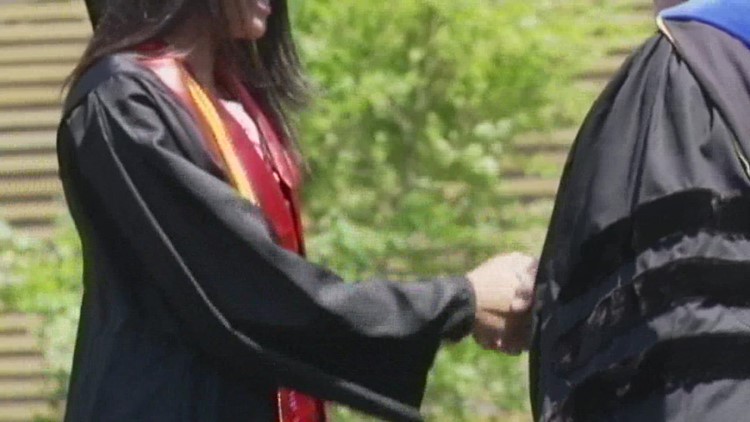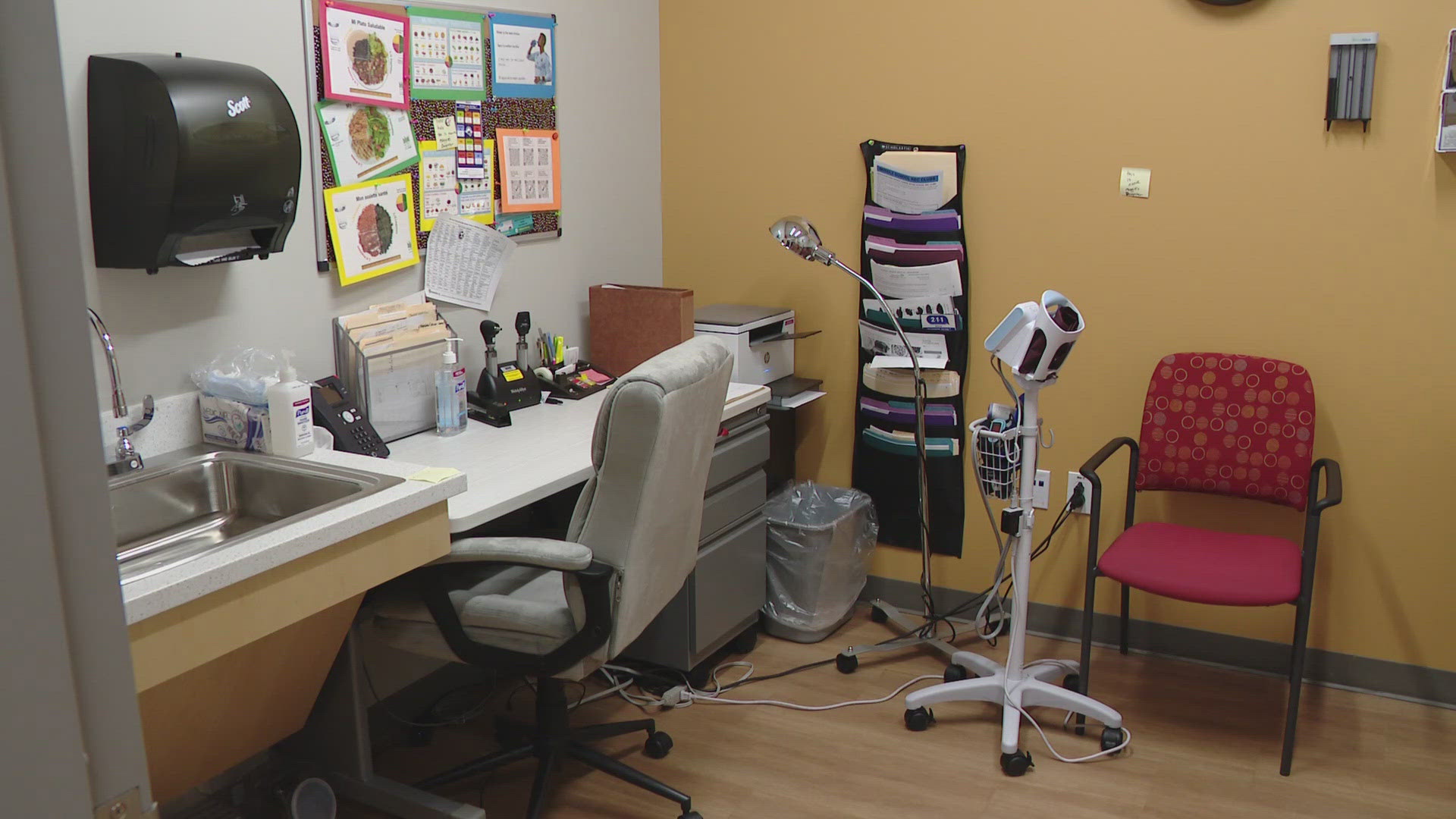PORTLAND, Maine — President Joe Biden announced a sweeping plan to forgive student loans on Wednesday, but one Maine law professor is considering potential skepticism of the current U.S. Supreme Court should the plan face legal challenges.
Anthony Moffa is an associate professor of law at the University of Maine School of Law. He told NEWS CENTER Maine that although it's difficult to say how legally vulnerable the Biden administration's plan will be if challenged, a recent SCOTUS decision made clear the court will skeptical.
"The Supreme Court's recent decision in West Virginia v. EPA made clear that the court is going to view skeptically efforts by administrative agencies to use existing statutory authority to address so-called 'major questions' (defined as questions of economic and political significance) unless in the statute Congress clearly and explicitly gave that power to the agency at issue," Moffa said.
In this case, the agency at issue would be the U.S. Department of Education.
The Office of Legal Counsel at the Department of Justice released a legal opinion on Wednesday stating that the Higher Education Relief Opportunities for Students Act allows the Secretary of Education the "authority to reduce or eliminate the obligation to repay the principal balance of federal student loan debt."
Also known as the HEROES act, the legislation is a post-9/11 law that provides the authority to grant relief from student loan requirements during specific periods, such as a war or national emergency. The law was adopted with overwhelming bipartisan support at a time when U.S. forces were fighting two wars in Afghanistan and Iraq.
"The HEROES Act of 2003 did grant broad powers to the Department of Education, but whether those powers include debt cancellation of the nature being proposed will be hotly contested in any litigation," Moffa said.
The law professor also said he expects some politicians will want the debt cancellation order to be challenged in court. But the issue will be establishing something called "standing."
"Only a party with standing can bring a case in federal court, and standing requires, among other things, a concrete injury that was caused by the challenged order," he said.
States attorneys general would probably have a hard time showing any injury to their state or its citizens based on student loan forgiveness, according to the professor.
"They would likely benefit," the professor said.
Who else would have standing? Moffa told NEWS CENTER Maine servicers of federal student loan debt may have a "cognizable injury" but added they might have a hard time showing how a partial cancellation of debt injures them.
"Even so, their incentives to challenge the policy, or not, are much different and driven by their bottom line, not politics," Moffa said.
If the Department of Education's student debt forgiveness order is challenged in court, the Department of Justice would probably use the same legal arguments in Wednesday's memo. It could also have additional arguments, according to the professor.
Should a legal battle ensue, Moffa said it would likely be at least a couple of years before it's ultimately resolved.
"And that is from whenever the ultimate order canceling the debt is issued," he said.
NEWS CENTER Maine reached out to the Office of the Maine Attorney General to ask whether AG Aaron Frey had any plans to take legal action against the Biden administration's plan or if he might file any briefs of support should it be challenged in court in the future. A spokesperson said he had no comment.
The Institute for College Access and Success tracked how much debt students from the Class of 2020 carried upon graduation in each state. It said 63% of them graduated with some college debt, the eighth highest rate in the country. The average Maine graduate owed $37,764.



